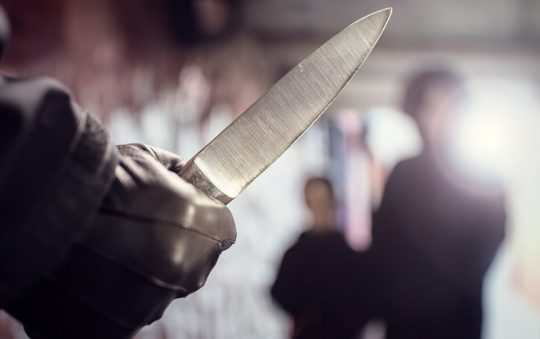
Truth is stranger than fiction and in the West African nation of Gambia, the truth has galvanized citizens with former members of the exiled president’s hit squad admit to murder and other atrocities.
Gambians are watching the confessions, given in a highly public truth and reconciliation commission hearing, that are being streamed live on a YouTube channel.
The hit squad once worked for President Yahya Jammeh – a leader who created a culture of fear and misinformation until his defeat two years ago in a national election after which he escaped into exile.
Investigators are now questioning these accused killers in what some experts have called the most accessible truth commission in history. Killers and victims are interviewed as to the deaths and disappearances of hundreds of people. Their testimonies are streamed on YouTube, Facebook, TV and radio, directly into phones and homes around the country.
Viewers recently listened raptly as Malick Jatta confessed to shooting one of Gambia’s best-known journalists. He said the kill order came right from the former president. “I’m sorry,” he said, and hung his head.
Admitted killers are being released after their testimony. Mr. Jammeh is in exile in Equatorial Guinea, where he has been granted refuge and no one knows if he will ever be prosecuted.
Baba Hydara, the son of the Deyda Hydara, the murdered journalist, found cold comfort in the grisly confession. “They say that it helps with closure,” he said. “That’s a lie.”
Witnesses are testifying in English and local languages, including Mandinka and Wolof; a sign language interpreter follows along. The hearings, which began in January, are expected to last two years.
Among the victims were two American citizens – Alhagie Ceesay and Ebou Jobe. The former was a Chevron employee who lived in Houston. Mr. Jobe, a father of three, worked for Wal-Mart. Confessions were also produced for the killing of 56 West African migrants, accused of being mercenaries.
Omar Jallow, a hit squad member, testified that Mr. Jammeh had ordered that the Americans be killed and “chopped into pieces.” His team then “took plastic bags and they put them over their heads and they strangulated them” then “cut off their heads,” before burying them.
At the end, the commission will make recommendations as to who holds the greatest responsibility for atrocities, and the attorney general will decide whom to prosecute. But a major point of contention is that some perpetrators will go free in exchange for their testimony – reminiscent of the debate in South Africa after the fall of apartheid. That debate simmers to this day.






